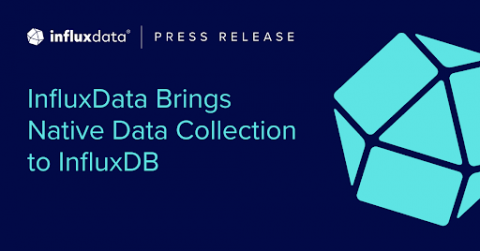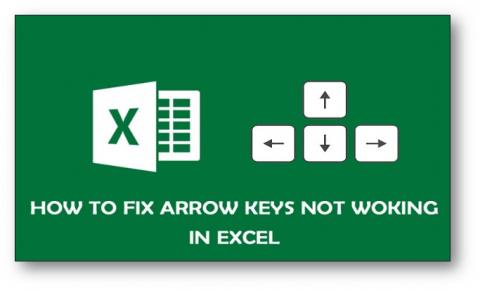Intro to OEE
Efficient manufacturing is important for saving companies time, money, and energy. Making decisions based on data can improve efficiency, but there’s a lot of data to sort through. Manufacturing equipment contains many sensors, especially in the IIoT space. Overall Equipment Effectiveness (OEE) was first described by Seiichi Nakajima in the mid-twentieth century as part of his Total Productive Maintenance (TPM) method.











